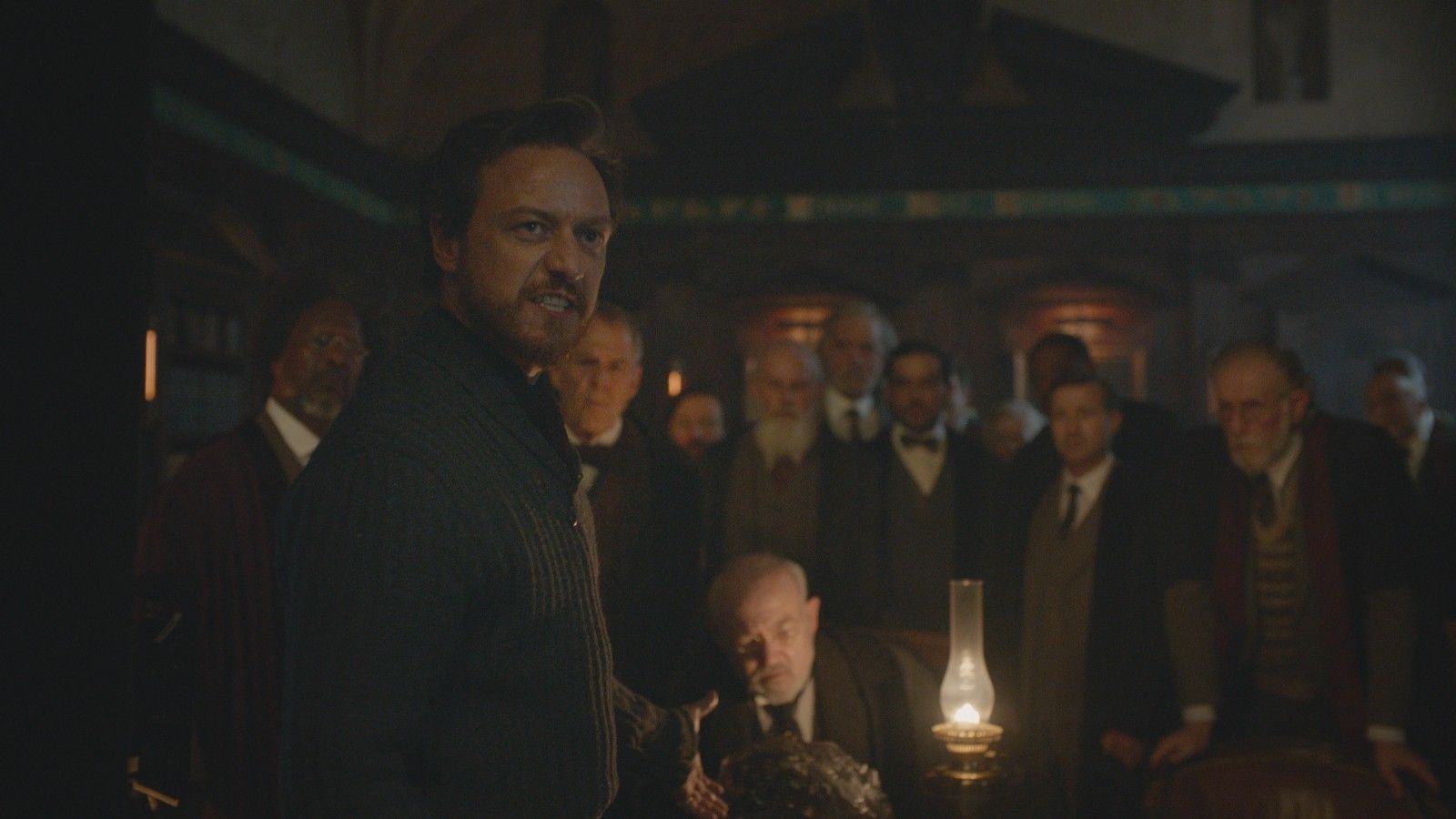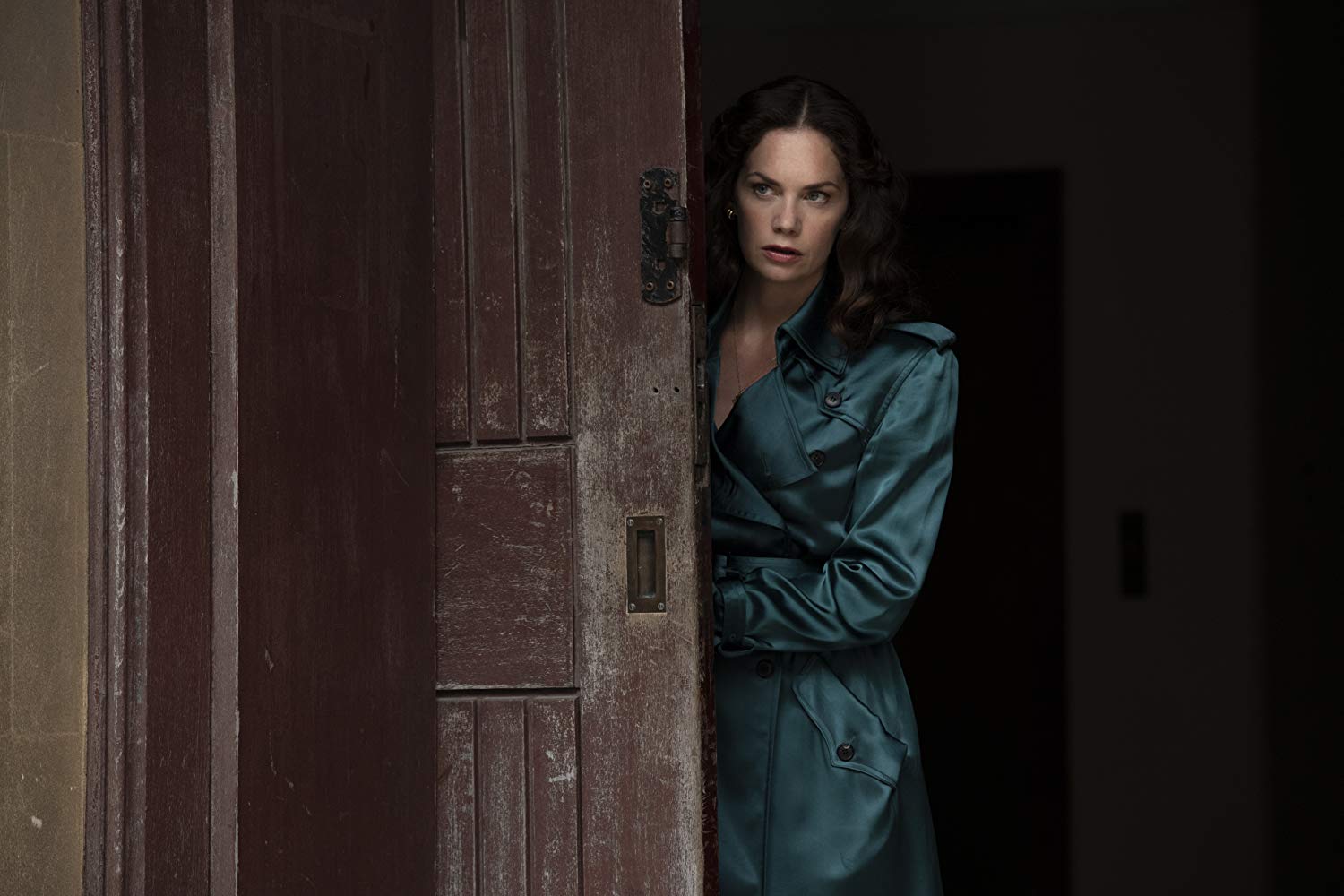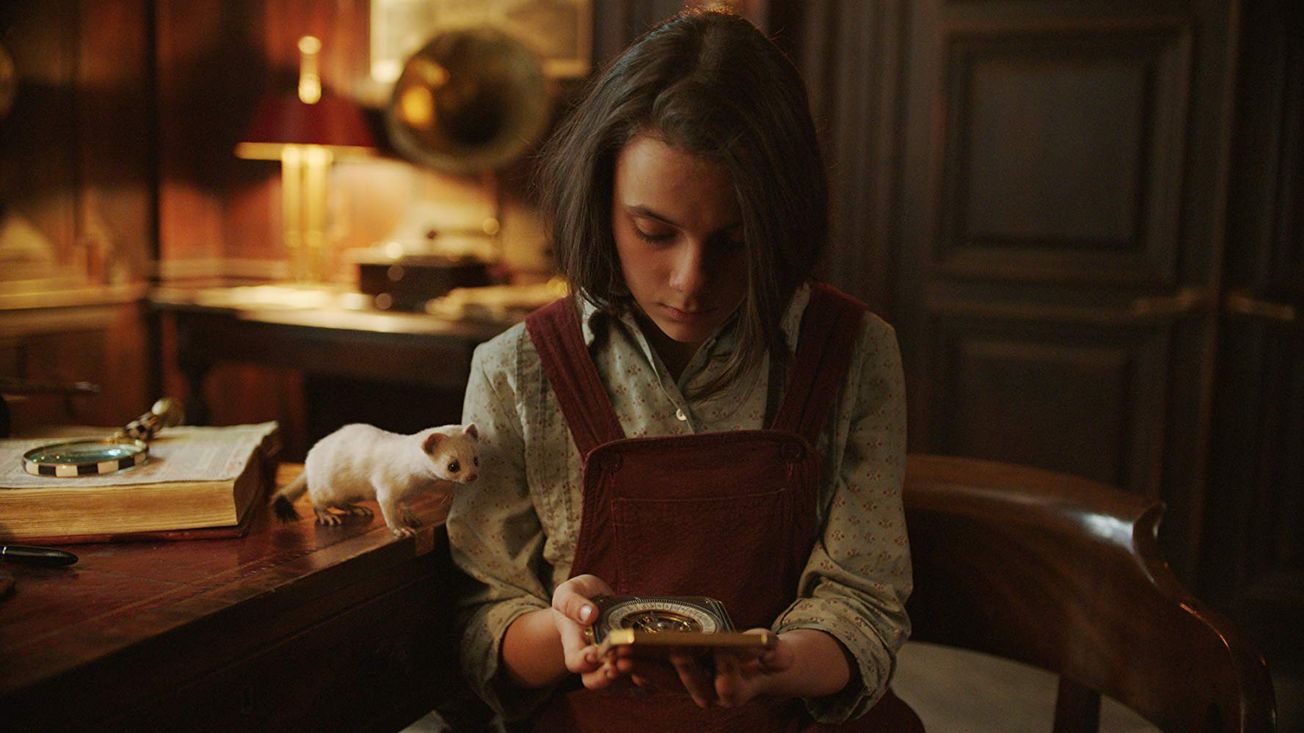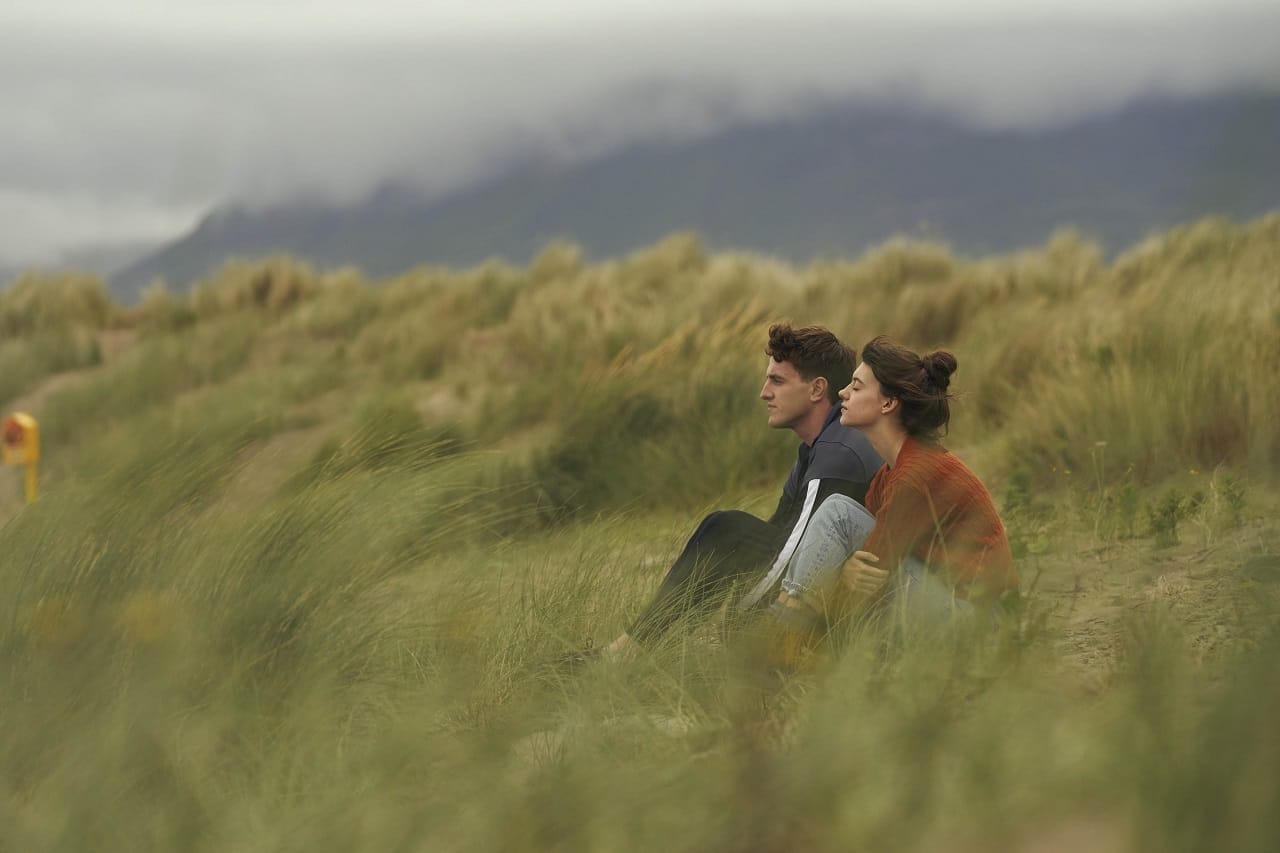By Maddy Raven, 2nd Year, Theatre and Film
Philip Pullman's series has got a much-needed reworking of beloved source material with an all-star cast, and only looks to get better.
The first episode of His Dark Materials – the long-awaited adaptation of the Philip Pullman series of the same name – is pitch perfect. The subtleties of the performances, the imaginative costume and set design, and a real understanding of the book’s thematic elements all contribute to a fantastic opener of a series which I can’t wait to see more of.
His Dark Materials starts in Oxford in a parallel world, which could be dismissed as being stuck in some kind of Victorian era. Human progress is not linear, and the costume and set design demonstrates what happens when the all-powerful church (the Magisterium) has complete control over a society for hundreds of millennia.

I find it difficult to imagine a world under the rule of a group like this being anything other than what it is presented as – characters wear clothing from a mismatch of eras, looking curiously modern without it being overbearing. Much of the society does seem to be old-fashioned, styled around the 1920s in which terms such as ‘explorer’ are bandied about.
Scholars at Oxford College are held in high esteem – just below the Magisterium in terms of authority, and there are the Gyptians too, a famous clan of travelling people, exploring the many canals of this fictional Britain.
The story follows Lyra Belacqua (Dafne Keen), an orphan in Oxford College, raised by scholars, as she searches for her friend Roger who has mysteriously gone missing. This search throws her in the path of Mrs Coulter, played with terrifying gravitas by Ruth Wilson, the Gyptians, and her uncle, Lord Asriel (James McAvoy). What starts as a journey to recover her friend embroils Lyra’s destiny in that of multiple worlds, which Asriel claims he can see with the assistance of ‘Dust’; a substance which the Magisterium do not want people to know about.
Happiness is seeing Ruth Wilson playing a villain again 💘 #HisDarkMaterials pic.twitter.com/eSu4vBgQas
— Cat (@catjoust) November 10, 2019
The previous adaptation of The Golden Compass (2007) was somewhat shallow, cutting out a lot of the book’s complex narrative. It was heavy reading for me when I was eight, but the film seemed remarkably tone deaf to the questions the series was posing about the value of organised religion and the existence of God, the soul, parallel worlds and universes. The enticing intelligence of the books shines through this new BBC adaptation.
It is particularly encouraging that despite the fact that Dafne Keen is fourteen, Lyra feels so much younger. The series revolves around the notion of innocence and childhood in relation to the soul, and Keen brings this innocence to life.

This makes Ruth Wilson’s performance as Mrs Coulter even more terrifying; I cringed at the way in which she feels the need to make constant physical contact with Lyra less than a day after meeting her, but in stark contrast dismisses Roger’s existence when he offers her water. Her fixation on Lyra and her view of children as pawns in her malicious plans is so obvious, and yet Wilson doesn’t have to say a word to that effect in order for it to be present.
I already have faith that this series will be a triumph, and the discussion about the nature of truth is particularly current for our political climate, and that such a beloved series is finally getting the justice it deserves.
Featured - IMDb / BBC
What did you think of His Dark Materials? Let us know!









